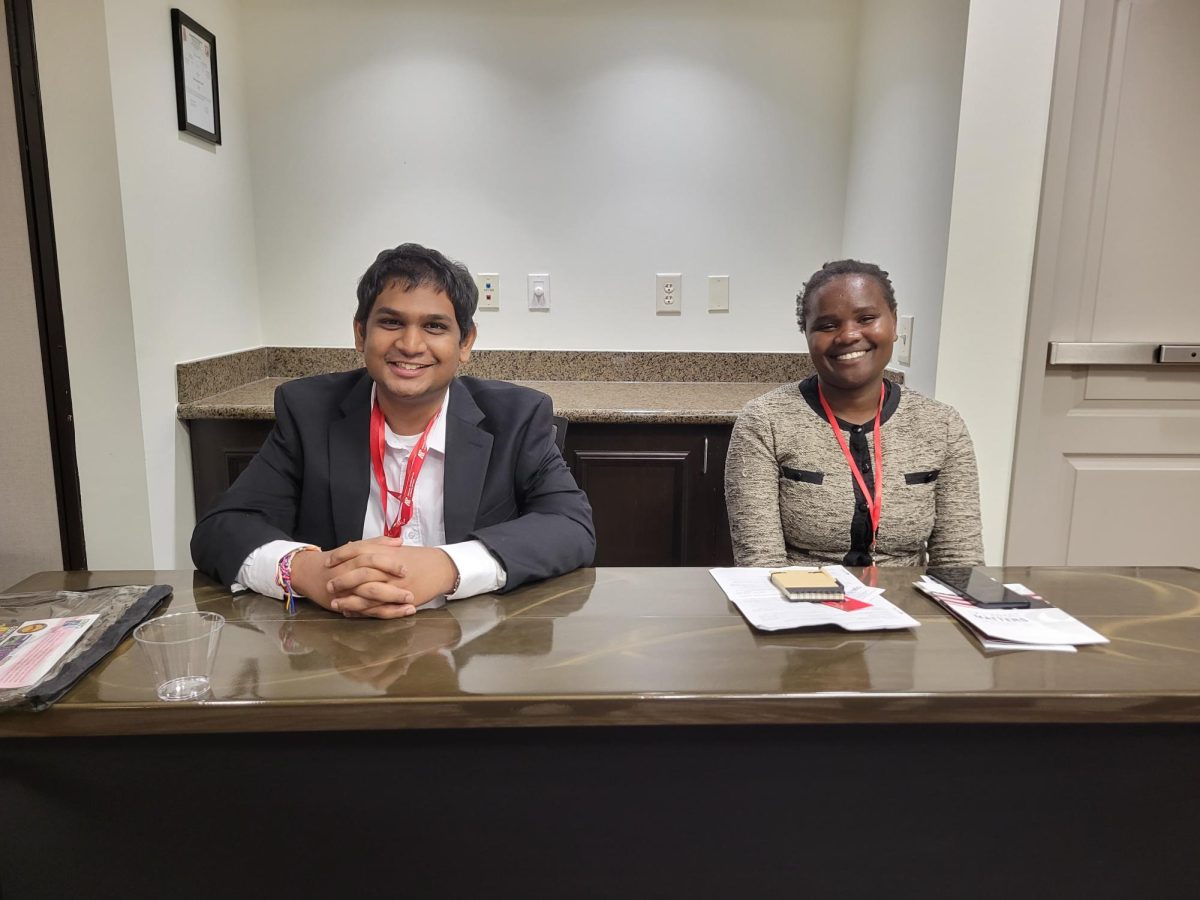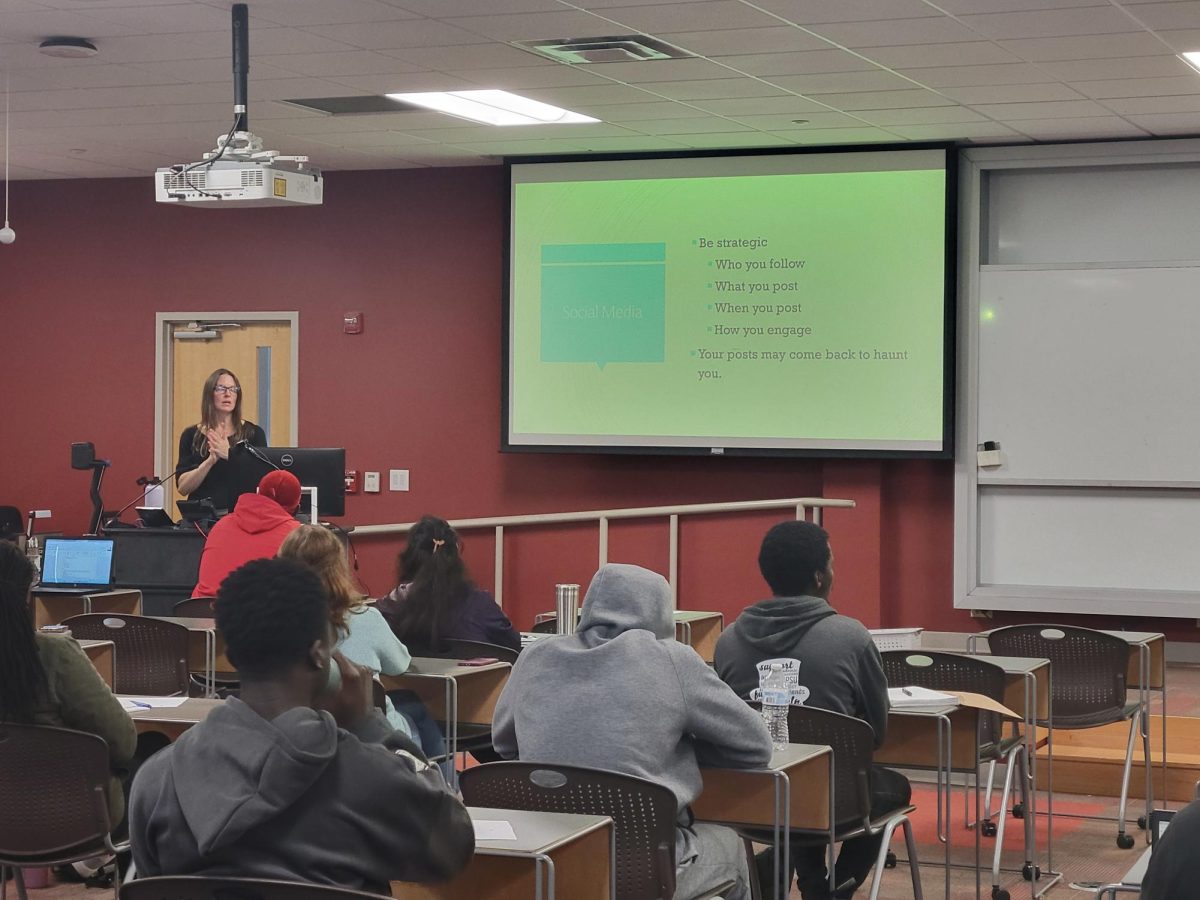» By David Harris
Staff Writer
In December 2014, the APSU Police Department of Public Safety partnered with the campus Save Our Students Food Pantry and conducted the “Food for Parking Fines” program.
From Monday, Dec. 8 to Sunday, Dec. 14, students, faculty and staff could donate 10 food items as payment for a maximum of two tickets.
It was APSU Chief of Police Michael Kasitz who ininiated the program after being approached by two former colleagues. They mentioned an article about a similar program being offered by the city of Lexington, Ky. The colleagues challenged Kasitz to create a similar program.
More than 915 people with numerous parking fines received an email about the program.
The goal of the program was to have 10 percent participation and collect 900 cans of food. The end result was a total of 119 individuals who donated 1,627 cans of food. Officers in the Department of Public Safety assisted students who could not pay their fines or donate food by donating food themselves. In addition to can food, there were packages of pasta, chips and other nonperishable items.
According to APSU Director of Service Learning and Civic Engagement and head of the SOS Food Pantry Alexadra Wills, the program was originally going to last for five days, but it was extended due to growing popularity.
Wills said every day during the drive food was filling the campus police office. Because of the high number of donations, Wills said she believes the pantry could meet the community’s needs through the upcoming summer.
The SOS Food Pantry operates on Tuesdays and Fridays from 8:30 a.m. to 4 p.m., and is located on 322 Home Avenue.
Their mission is “to assist and provide supplement[al] food to the needy at APSU, who have been impacted by financial problems,” and is “based on a compassionate hand-out and hand up as we respect the dignity of each person we serve,” according to their website.
“I think the Food Pantry is a good idea for students who don’t have food,” said freshman nursing major Brenda Estime. “Everyone should donate so we can support our community.”
Kasitz said he admired those who worked on the project. “Public Safety staff did an incredible job of collecting the food items, waiving the parking citations and working with food pantry staff to transfer the food items,” Kasitz said.
The popularity of Food for Fines prompted ideas about creating similar events in the future.
“I have only received positive feedback about the program, not only from within public safety, but from the university as a whole,” Kasitz said. “I have been asked if we will do the program again or do a similar program in the future. It is unknown if we will be conducting another program this year.” TAS






